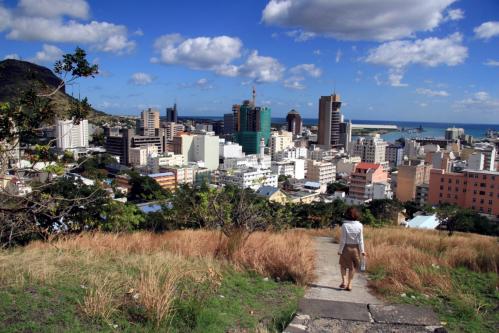South Africa ratifies minimum wage bill
On Monday, South African President Cyril Ramaphosa signed a national minimum wage bill into law. The National Minimum Wage Act sets minimum wage at 20 rand an hour (about $1.45 an hour). South Africa’s average household net-adjusted disposable income per capita is currently about $10,872.
Proponents of the bill have touted benefits this move will bring to South Africa’s mixed bag of economic indicators. For instance, between 2008 and 2017, South Africa’s average real wage growth was only about 2.4 percent, lagging behind many of its sub-Saharan African peers. In addition, South Africa was recently ranked the world’s most unequal country, with a Gini coefficient of about 0.63, according to the World Bank’s World Development Indicators.
Opponents cite the pressure this bill will places on the already high unemployment rate the country faces, especially among black South Africans. Employers may also struggle to meet the minimum wage standards.
In West Africa, Nigeria is currently in its own dispute over a minimum wage bill. While Ayuba Wabba, the president of Nigeria Labor Congress, an umbrella organization for trade unions, has said he continues to work on finalizing a new wage, he has also indicated that he has not received much support from Nigeria’s federal government.
Addis Ababa surmounts Dubai as go-to air traffic passageway to Africa
Addis Ababa’s Bole International Airport has officially overtaken Dubai as the number one connection point for long-haul passengers to Africa this year. According to ForwardKeys data, travel bookings to Ethiopia are set to continue growing over 40 percent over the next year. The data also shows almost 48 percent of these travelers are arriving from Europe.
This pinnacle achievement for Ethiopia is the culmination of increasing international passenger traffic volume five years in a row. Ethiopian Airlines, the country’s most successful state company spearheading this charge, looks to build on its success with service expansion and fleet size growth, among other strategies.
Attribution to this successful increase includes a positive international response to broad reforms Ethiopia continues to make under its newly appointed prime minister and relaxed visa rules, allowing visitors to apply for visas online.







Commentary
Africa in the news: Minimum wage bill passes in South Africa and Addis Ababa leads in air traffic
December 1, 2018